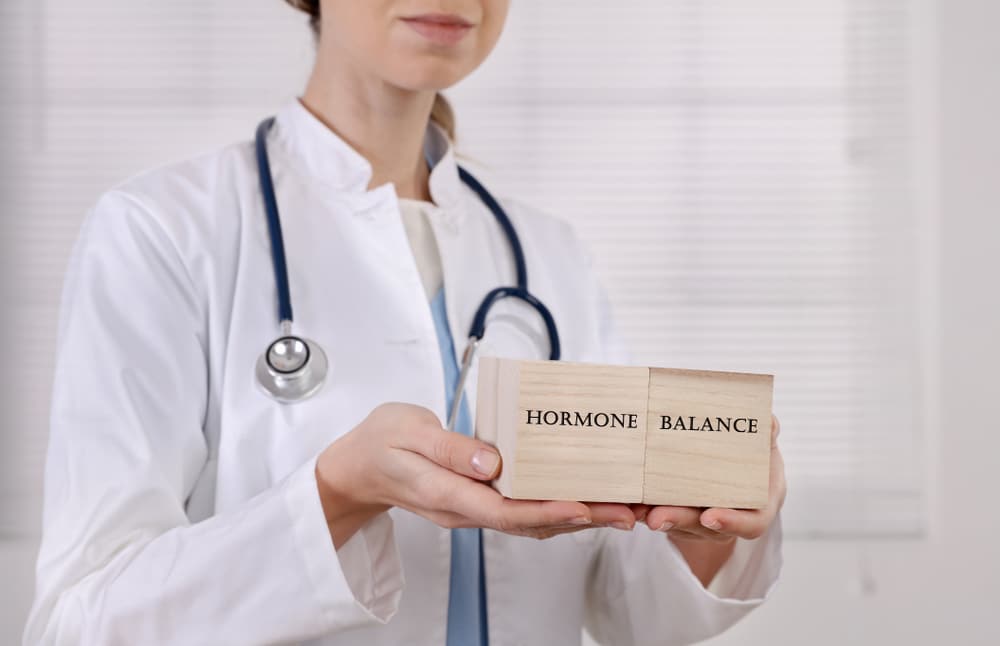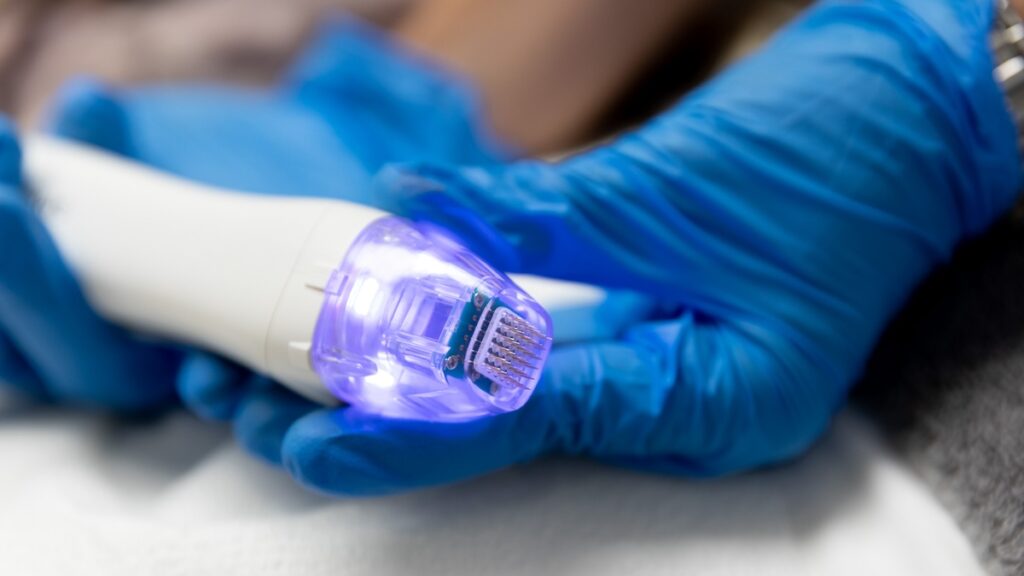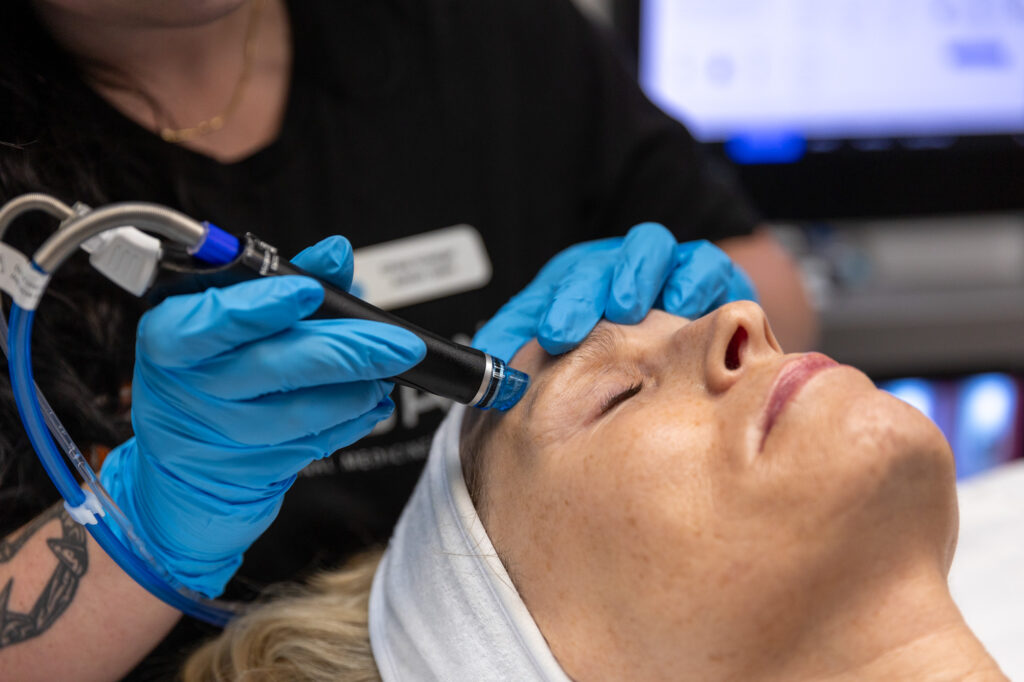
If you’re a woman who has noticed a decline in her testosterone levels, you’re not alone. Low testosterone (or hypogonadism) is more common in women than many believe, and it can seriously impact health and quality of life. Fortunately, there are steps to be taken that can help restore optimum balance naturally. Let’s discuss some of the proven strategies available for women needing to increase their testosterone levels safely and effectively with natural methods.
What Is Testosterone?
Testosterone is a hormone that plays a vital role in both men and women. While it is predominantly known for its role in male development and reproductive health, women also produce testosterone in smaller amounts. This hormone is made in the ovaries and adrenal glands, and it plays a significant role in regulating various bodily functions, including energy levels, bone density, muscle mass, and mood stability.
Understanding the Signs and Symptoms of Low Testosterone in Women
Low testosterone in women, also known as hypoandrogenism or androgen deficiency, is a condition where the testosterone levels in the female body are lower than usual. Testosterone is an essential hormone for women as it plays a role in maintaining various bodily functions. The signs and symptoms of low testosterone in women may vary, but some common ones include:
- Fatigue: Women with low testosterone levels may experience chronic fatigue or lack of energy.
- Decreased Libido: Low testosterone can lead to a reduced sex drive or a decrease in sexual desire.
- Difficulty Achieving Orgasm: Some women may have difficulty reaching orgasm due to low testosterone levels affecting sexual response.
- Mood Changes: Women with low testosterone may experience mood swings, irritability, or feelings of sadness.
- Hot Flashes: Low testosterone can contribute to hot flashes or night sweats, similar to menopause symptoms.
- Vaginal Dryness: Testosterone helps maintain vaginal lubrication, so low levels can lead to vaginal dryness and discomfort during intercourse.
- Muscle Weakness: Testosterone is involved in muscle maintenance, and low levels may lead to muscle weakness.
- Weight Gain: Some women with low testosterone may experience unexplained weight gain or difficulty in losing weight.
- Thinning Hair: Testosterone contributes to hair health, and low levels may lead to hair thinning or hair loss.
- Bone Density Loss: Testosterone plays a role in maintaining bone density, so low levels can contribute to bone density loss and an increased risk of osteoporosis.
- Difficulty Concentrating: Women with low testosterone may experience difficulty focusing or concentrating.
Practical Strategies to Increase Testosterone in Women
Fortunately, there are proven strategies that can help women combat low testosterone and regain their balance. Here are some natural approaches to increasing testosterone levels:
Healthy Diet
Maintaining a well-balanced diet that includes foods rich in proteins, healthy fats, and essential nutrients can help support hormone production. Such foods include eggs, nuts, seeds, avocados, and lean meats. These food items can be beneficial for your health.
Regular Exercise
Regular physical activity has numerous benefits, including the potential to increase testosterone levels. This is particularly true for strength training and cardiovascular exercises, which effectively improve overall health and reduce the risk of chronic diseases.
Stress Management
Chronic stress can harm our overall health, particularly our hormonal balance. When we experience stress, our bodies release hormones like cortisol and adrenaline, which can reduce our natural hormone levels. However, there are ways to manage and reduce stress levels, such as practicing relaxation techniques like meditation, yoga, or deep breathing.
Adequate Sleep
Getting enough restorative sleep is essential for maintaining a healthy lifestyle. Sleep is crucial for our bodies to regulate hormones and ensure overall well-being.
Weight Management
Maintaining a healthy weight through proper diet and exercise can positively impact hormone levels.
Other Testosterone Treatment Options
Sometimes, lifestyle changes may not be enough to raise testosterone levels adequately. In such situations, medical intervention may be considered. Testosterone replacement therapy (TRT) is an option that involves administering testosterone in the form of patches, gels, or injections. However, TRT should only be prescribed and monitored by a qualified healthcare provider, as it may have potential side effects.
Hormone Replacement Therapy
Hormone replacement therapy is a treatment method for low testosterone levels in women. Testosterone is an essential hormone responsible for various body functions and characteristics. For women experiencing low testosterone, using bioidentical hormone replacement therapy (BHRT) can help alleviate symptoms and restore normal hormone levels. BHRT is a form of hormone replacement therapy that utilizes hormones with the same molecular structure as those produced in the human body. BHRT can be tailored to each patient, resulting in a more personalized treatment plan. BHRT is also a safer and more effective alternative to traditional hormone replacement therapy.
However, discussing testosterone treatment with us is essential to determine the best treatment plan. By using BHRT, women can improve their quality of life, reduce the risk of health complications, and balance their hormone levels.
Experience the Benefits of Hormone Replacement Therapy for Low Testosterone in Kansas City, KS
At Regain Functional Medicine + Aesthetics in Kansas City, KS, we understand low testosterone’s impact on women’s health. That’s why we offer hormone replacement therapy, to help women restore their natural hormone balance. Our bioidentical hormone replacement therapy (BHRT) approach uses hormones identical to those produced by the body, providing a safe and effective option for treating low testosterone levels.
If you’re experiencing symptoms such as fatigue, weight gain, or diminished sex drive, please call us at (913) 291-8555 or reach out to us online to learn more about how we can help you feel your best.

